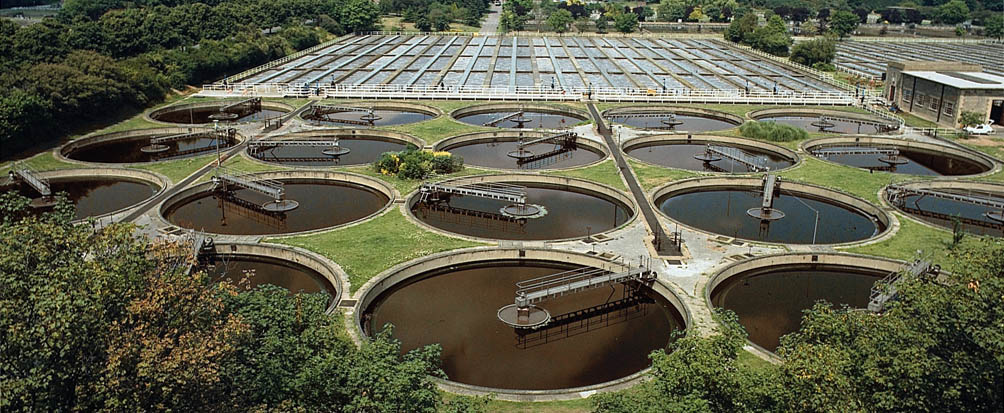
Introduction:
As global populations continue to rise and climate variability affects freshwater sources, the demand for efficient and reliable water treatment solutions becomes increasingly critical. Among the myriad of challenges faced by water treatment plants, the storage of treated water emerges as a key area where innovation is essential. Efficient water storage solutions not only enhance operational efficiency but also ensure water quality and safety. In this blog post, we will explore some of the most promising innovative technologies and practices that are reshaping water storage in treatment facilities.
Advanced Material Technologies:
Recent advancements in materials science have led to the development of robust and durable storage systems. One notable innovation involves the use of polymer-based storage tanks that offer significant advantages over traditional steel or concrete options. These tanks are lightweight, corrosion-resistant, and capable of withstanding extreme environmental conditions. Additionally, their flexibility allows for easier installation and maintenance, facilitating the integration of storage systems into existing facilities.
Intelligent Monitoring Systems:
The implementation of Internet of Things (IoT) technology within water storage solutions is revolutionizing the way water treatment plants manage their resources. Smart sensors can be deployed to monitor water levels, quality parameters, and structural integrity in real time. Data collected from these sensors enables operators to make informed decisions, optimizing storage usage and preventing potential failures. Furthermore, predictive analytics can forecast demand trends, ensuring that storage capacity aligns with consumption patterns.
Modular Storage Solutions:
In an era where flexibility is paramount, modular storage systems are gaining traction among water treatment facilities. These solutions can be easily expanded or reconfigured to meet changing demands without extensive downtime or infrastructure changes. Modular tanks can be constructed offsite and transported to the facility, significantly reducing installation time. This adaptability also allows treatment plants to scale operations up or down based on seasonal fluctuations in water availability.
Smart Water Grids:
The concept of a smart water grid integrates water treatment and storage facilities with distribution networks, leveraging technology to optimize the overall system. By utilizing automated controls and advanced data analytics, smart grids can dynamically allocate stored water based on demand patterns. Such systems can also enhance emergency response capabilities, allowing treatment plants to quickly address shortages or contamination events.
Rainwater Harvesting and Reuse Systems:
Innovative water storage solutions extend beyond the traditional tanks at treatment facilities. Rainwater harvesting systems, which collect and store rainfall for subsequent reuse, are gaining popularity as a sustainable practice. By integrating these systems into existing treatment plants, facilities can enhance their resilience against drought conditions and reduce dependence on conventional water sources. The implementation of greywater reuse systems further complements these efforts, promoting a circular approach to water resource management.
Enhanced Treatment Process Integration:
Modern water storage solutions are increasingly being designed to integrate seamlessly with treatment processes. The use of dynamic blending tanks allows for the mixing of treated water with varying qualities from different sources before distribution, ensuring a consistent level of water quality. This integration helps in optimizing treatment stages, reducing energy consumption, and improving overall system efficiency.
Conclusion:
As water treatment plants confront the dual pressures of increasing demand and environmental challenges, innovative water storage solutions will play a pivotal role in their success. From advanced materials to smart technology integration, these solutions promise to enhance operational efficiency while safeguarding water quality. Embracing innovation is not just an option; it is a necessity for water treatment facilities aiming to secure sustainable water resources for the future. By investing in these advancements, we can ensure that our water systems are as resilient and adaptive as the communities they serve.


